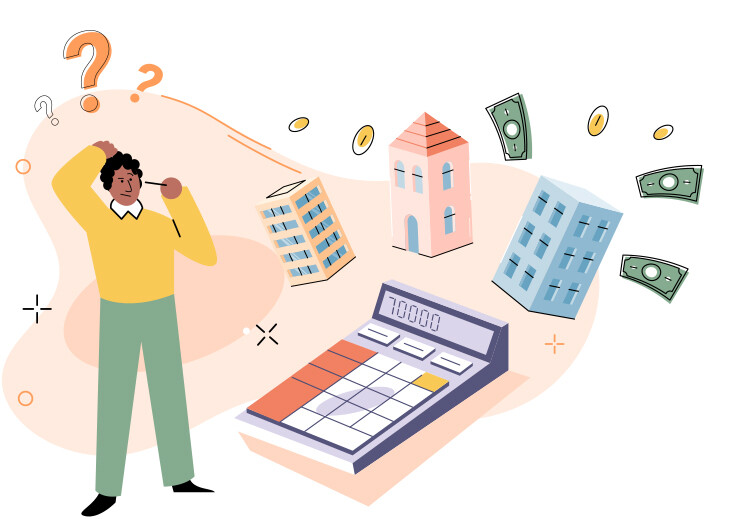
A quick guide to mortgages
Off By Ed HannaNavigating the path to homeownership can lead you through a patchwork landscape of potential mortgage options, but what do the different types mean to homeowners?
By Fiona McCann
Understanding the different types of mortgages can empower you to make the right decision. Here, we investigate each option…
Fixed rate mortgages
Fixed rate mortgages, a UK favourite, ensure a steady interest rate for several years, usually two, three, five, or 10, allowing the homeowner to budget effectively every month. If budgeting is your most important factor, then a fixed product might be the right choice for you but be prepared to feel sick as a parrot if interest rates fall.
Tracker mortgages
Tracker mortgages are linked to and fluctuate with the Bank of England’s (BoE) base interest rate, with an additional percentage added. For example, if the BoE base rate is 5.25% and the tracker mortgage is ‘base rate +1%,’ then the amount of interest you pay will be 6.25%.
While they provide potential savings during low BoE interest rates, homeowners face increased payments when rates rise.
Standard variable rate mortgages (SVR)
Often the default once your product has ended, with rates set by the lender, the SVR is generally the priciest option. It offers flexibility but comes at a cost with high-interest rates while allowing for an easy transition without early repayment charges, providing an open field for switching lenders or making overpayments. The average SVR rate is currently around 8.2%.
Discount mortgages
Discounted-variable mortgages, as they are also known, offer a set rate below the SVR, providing flexibility to switch to one of the lender’s other mortgage products within the term. So, if the discount is 1.5% below the current SRV of 8.2%, the product rate would be 6.7%. Borrowers must be prepared for potential SVR rises.
Offset mortgages
Linking savings to mortgages allows the homeowner to reduce interest payments but often come at a higher interest rate. For example, with a mortgage balance of £200,000 and £50,000 in a linked savings account, the homeowner is only charged interest on £150,000 and would not receive any interest on their savings.
Capped-rate mortgages
Capped-rate mortgages work from a variable rate but are capped, meaning your payments cannot go above a set amount; simultaneously, you can still benefit from decreases in variable rates. Capped-rate mortgages usually have higher interest rates than tracker and discount mortgages.
Repayment mortgages
A repayment mortgage does what it says on the tin, letting homeowners pay off their debt plus interest over a specified number of years, decreasing the loan-to-value ratios, and enabling better access to interest rates.
Interest only mortgages
As the name suggests, you only pay the interest on the mortgage loan; you do not pay any of the debt off. Lenders also require a plan for repaying the principal at the end of the term. They’re generally, only provided to buy-to-let landlords or temporarily to homeowners having difficulty meeting their payments, as the monthly payments are lower.
Ultimately, consider your financial goals, risk tolerance, market conditions, and consult your crystal ball (and mortgage advisor) to choose the right mortgage for you.

About Fiona McCann
Fiona McCann Served with RLC as a Driver, touring Northern Ireland multiple times, Canada and Cyprus. She left to pursue a career in the property sector, surveying homes for mortgage lenders, and is currently studying to become a lawyer.



